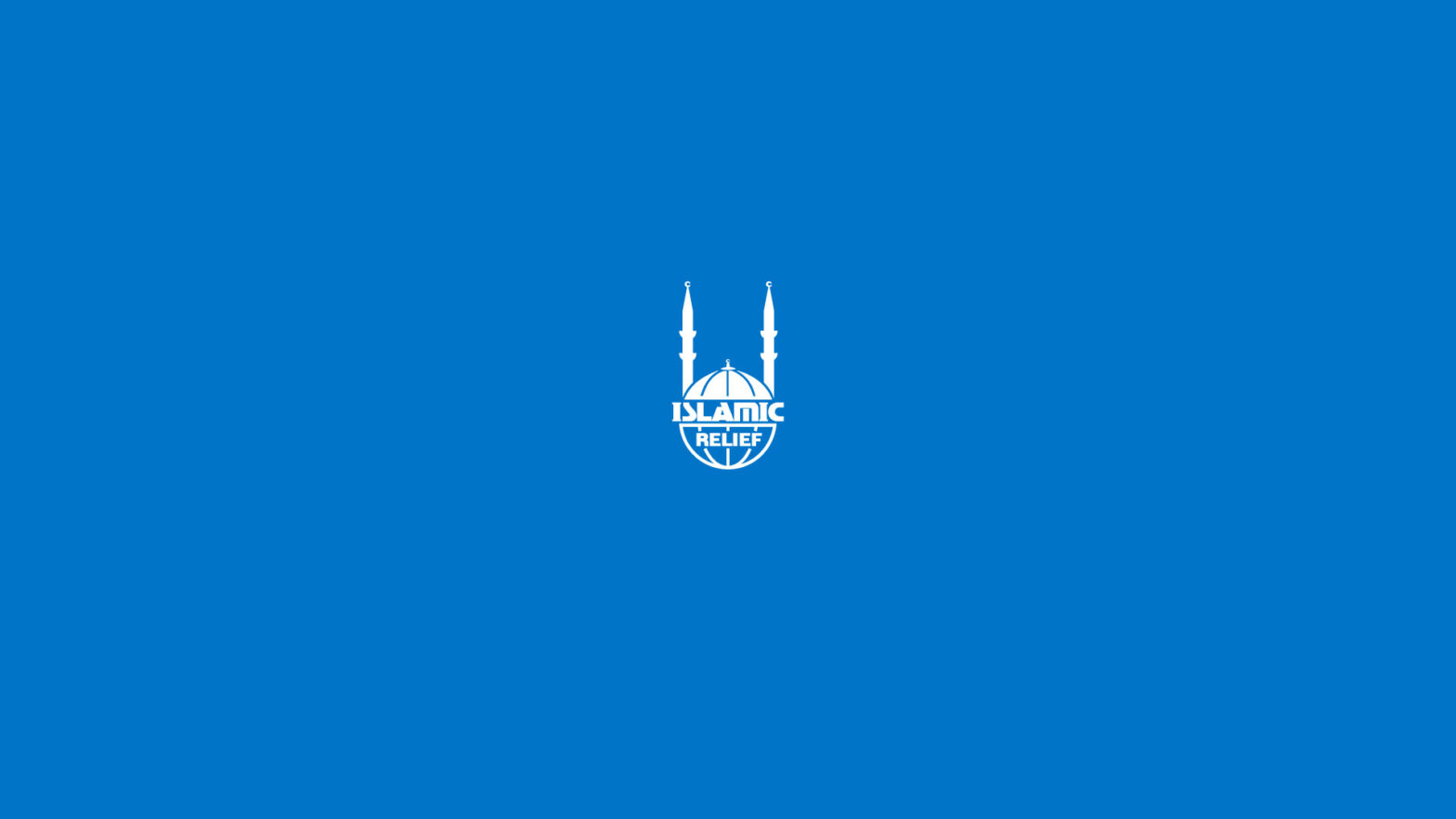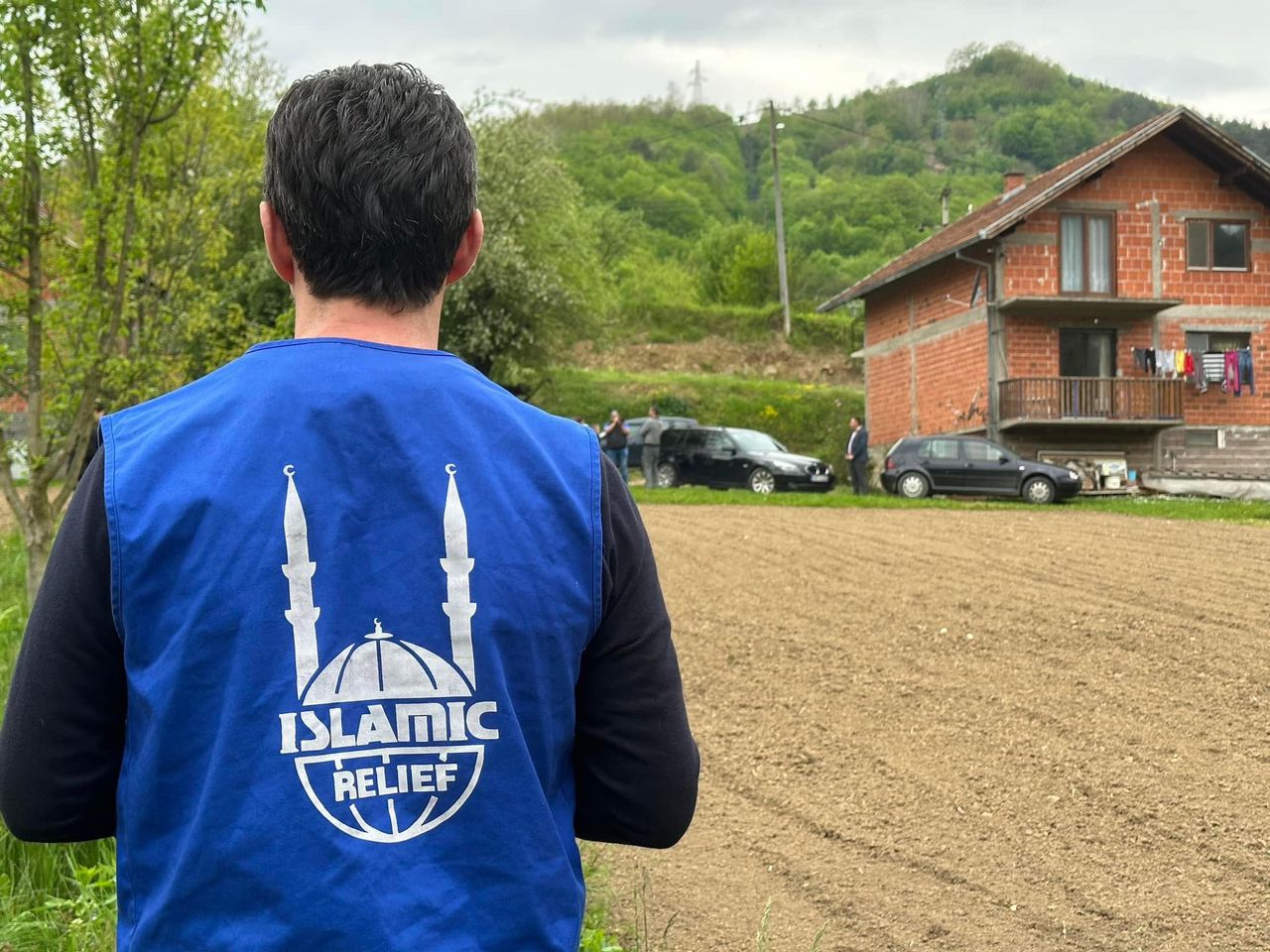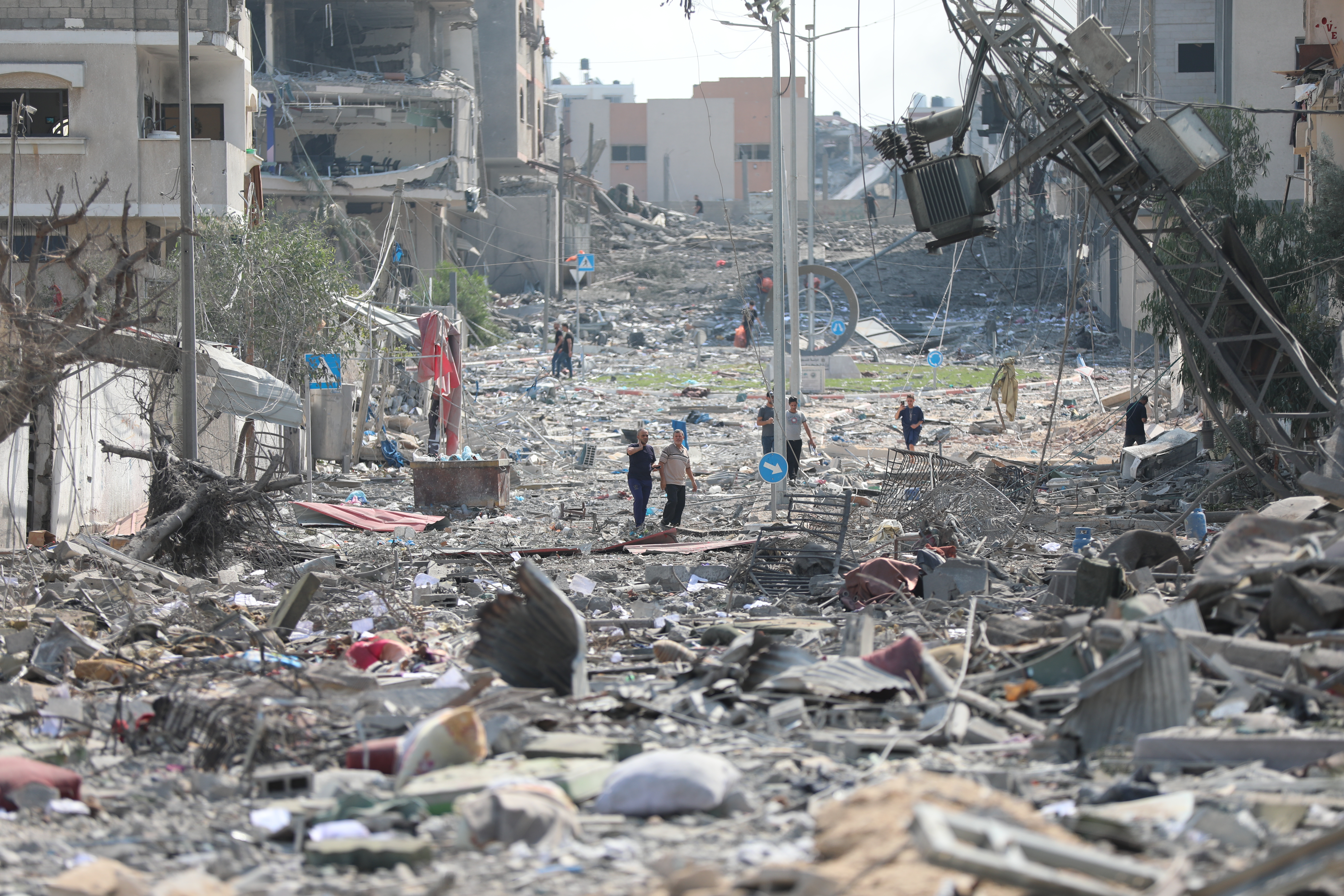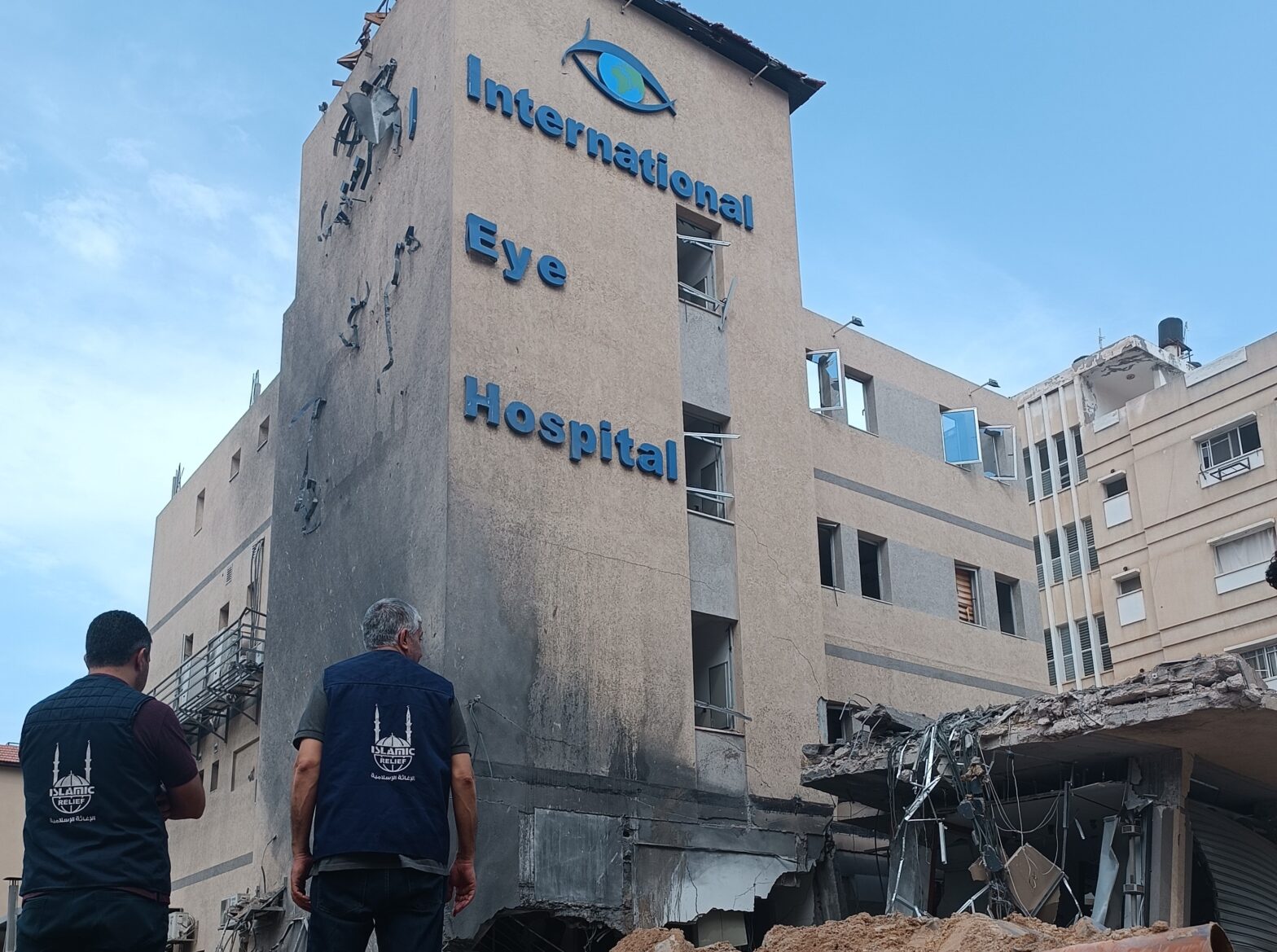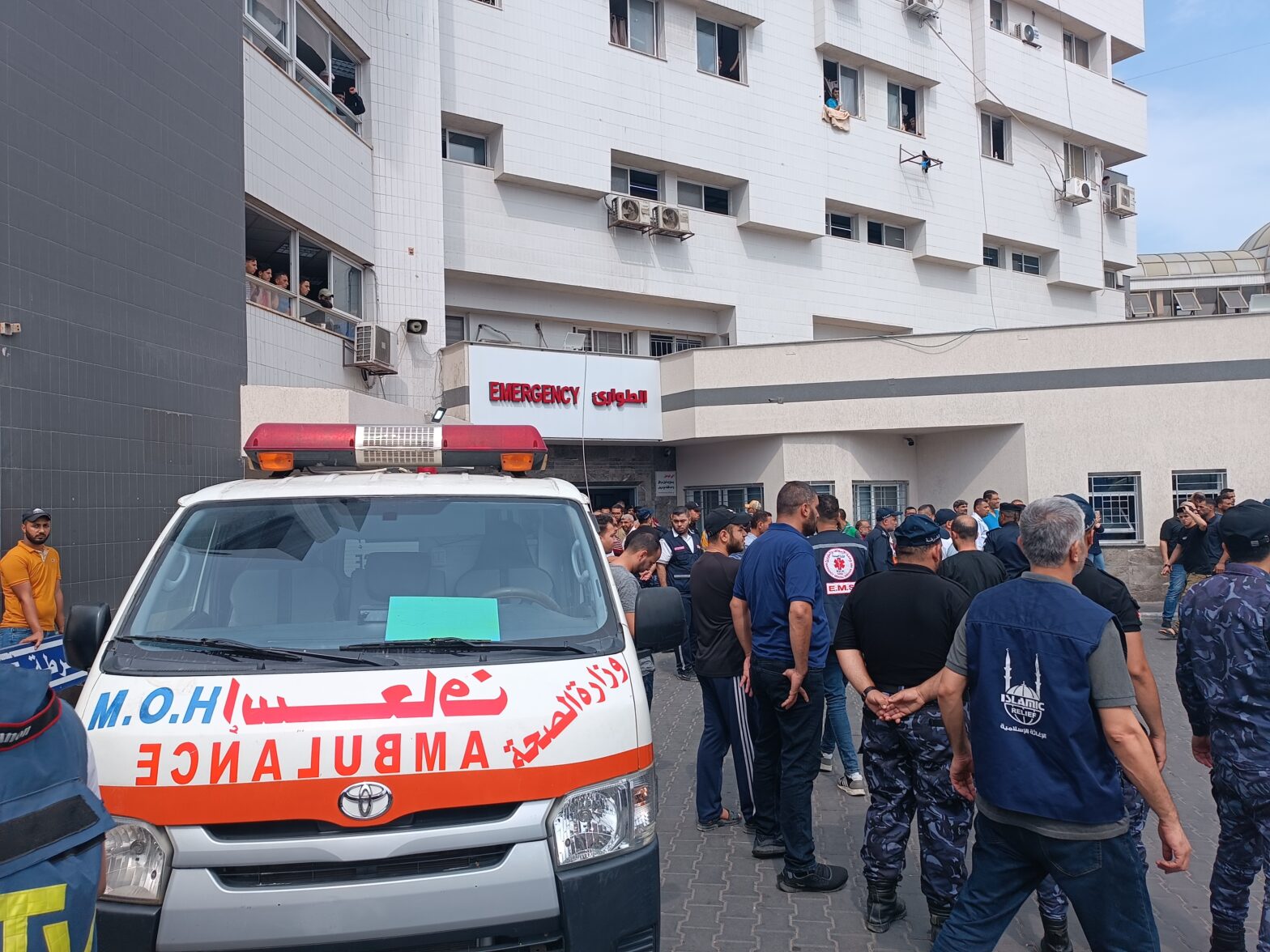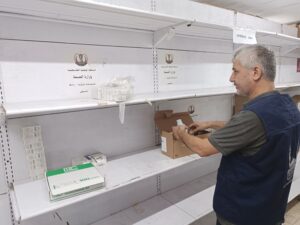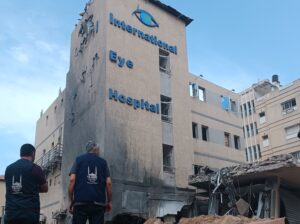The trauma of early marriage and divorce is something no teenager should have to go through. But that is what Dil has experienced in the tough environment of a refugee camp in Bangladesh.
Dil’s story underlines the enduring importance of 16 Days of Activism against Gender-Based Violence, the annual United Nations-led campaign supported by Islamic Relief. This year’s campaign challenges us all to unite in action to prevent violence against women and girls like Dil all over the world.
Dil is just 17 but is beginning to turn her life around with the support of Islamic Relief. Her journey is one of hope and growth against a backdrop of conflict and significant personal challenges, and shows the reserves of strength and courage that many young women hold within them.
Born into the turmoil that has engulfed Myanmar in recent years, Dil’s early life was marred by violence. Then, she left Myanmar with her family to seek refuge in Bangladesh. She initially settled in the cramped conditions of Kutupalong camp in Cox’s Bazar, which is home to over half a million people.
Dil’s dreams of becoming a teacher were cut short by the harsh realities of refugee life. The daily battle for survival in the camp meant facing food shortages, insecurity, and the ever-present threat of violence against women and girls. It was a hostile setting in which marriage appeared to offer hope of sanctuary, a promise of security in an insecure world.
A marriage not of choice, but of circumstance
At just 16, Dil found herself propelled into an early marriage. Far from providing security, her short-lived marriage introduced her to a new set of challenges. The weight of her in-laws’ demands, and the strain of marital discord eventually led to a painful divorce, leaving her to navigate the stigma and hardship of life as a young divorcee in a refugee camp.
As part of relocation efforts by the Government of Bangladesh, aimed at easing overcrowding and suffering in Cox’s Bazar, Dil moved with her family to Bhashan Char – an island that has become home for many refugees. Here, with support from Islamic Relief and other humanitarian organisations, she has found a sense of community and a glimmer of hope for a better future.
A new path to self-reliance
Dil is on a journey of transformation following her enrolment into an emergency support programme for Rohingya refugee children in Bhashan Char set up by Islamic Relief. Engaging in skills training for sewing and tailoring, her efforts in stitching together pieces of fabric are helping her to rebuild her life.
With each garment she creates, Dil weaves her dreams of establishing her own business and achieving financial independence. She is determined to build a life of self-sufficiency, stability, and success.
Stitching dreams into reality
Dil’s story shows the enormous potential for empowering young women to change their lives through learning new skills with the support of their communities. As she continues to excel as a trainee, mastering the intricacies of tailoring, she hopes for a future where her creations grace the local markets and bring a reliable income to her family.
A message of hope and action
As Dil looks to the future with determination, her story stands as a powerful reminder of the transformative power and lasting value of uniting to overcome violence against women and girls – during the 16 Days of Activism campaign and beyond. There is so much more that can be done to support women and girls in the visible and invisible battles so many face. The campaign is not only about preventing violence but also about creating paths to recovery for those who have suffered.
In her fight for a dignified life, Dil is not just reclaiming her own story. She is also lighting the way for other young women around her to find their voice and strength.
Please support our efforts to protect women and girls like Dil from abuse provide them with what they need to survive and thrive – from health services to education and training.
Donate now and join us in weaving a tapestry of hope for women and girls around the world.




